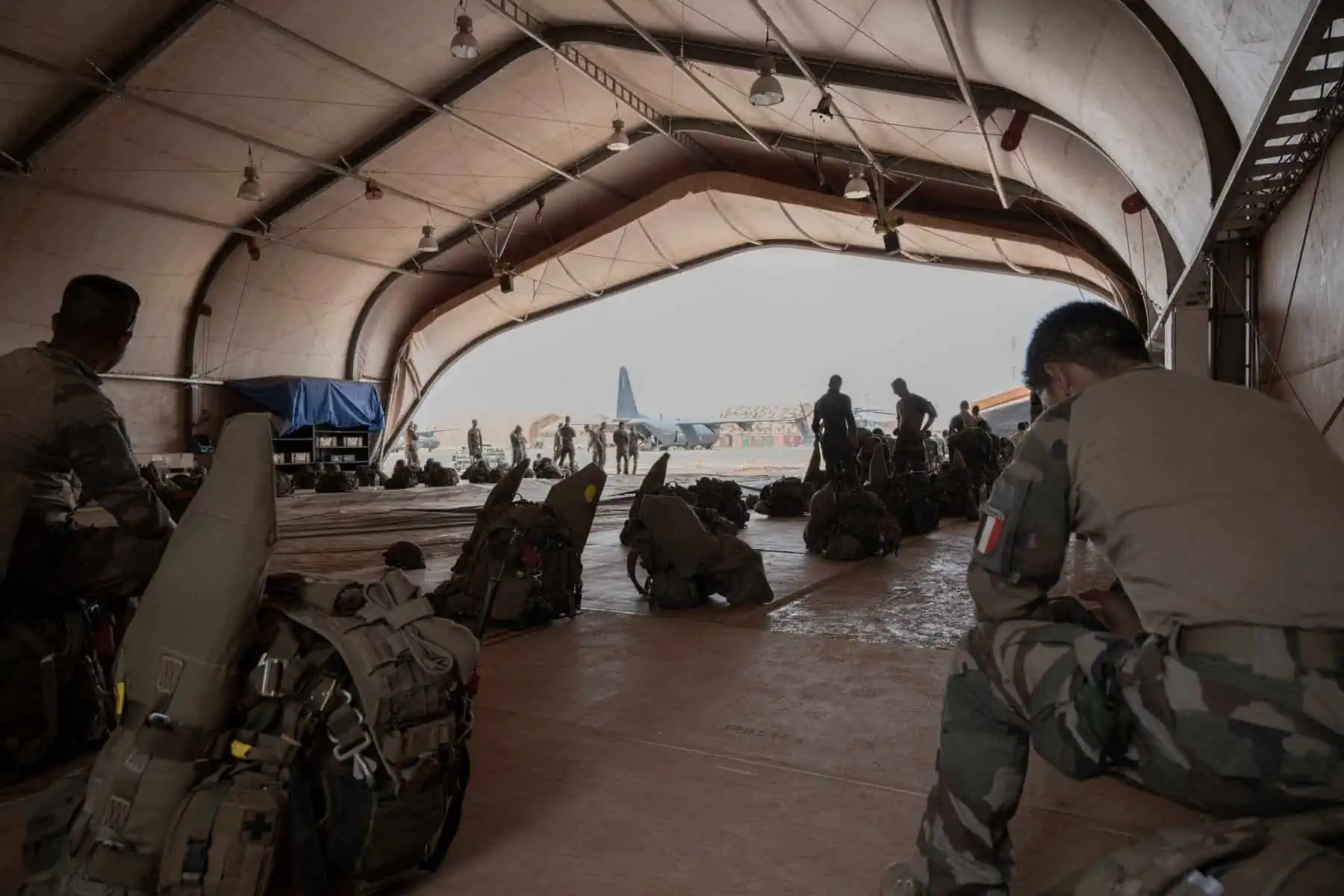Niger violence sparks new wave of displacement – UN
Niger is facing jihadist insurgencies both on its western border with Mali and Burkina Faso.

People walk at an internally displaced persons (IDP) camp in Ouallam, Niger, on May 3, 2022. (Photo by Issouf SANOGO / AFP)
An uptick in suspected jihadist attacks in western Niger has since January forced more and more people to flee their homes, the UN humanitarian agency has said.
“Forced displacement has intensified over the first five months of 2022 because of escalating violence by non-state actors who attack civilians and security forces,” an OCHA statement said on Monday.
The UN agency counted 136 “security incidents” from January to April this year, compared to 93 during the same period last year.
From May 1 to 19, 43 civilians were killed and 22 more abducted in the Torodi, Tera and Gotheye departments in the Tillaberi region bordering Burkina Faso and Mali, it said.
This video is no longer available.
Since the start of April this year, more than 34,700 people – or more than 5,000 households – living in Tillaberi “were forced to move to settle in safer areas”, it added.
Niger, which is the world’s poorest country by the benchmark of the UN’s Human Development Index, is facing jihadist insurgencies both on its western border with Mali and Burkina Faso and on its southeastern frontier with Nigeria.
The country is home to tens of thousands of internally displaced people, as well as refugees from Nigeria, Mali and Burkina Faso.
The unstable regions of Tahou and Tillaberi – in the tri-border area between Burkina Faso, Mali and Niger – have since 2017 seen a spate of deadly attacks linked to Al-Qaeda and the Islamic State group.
Niger is also suffering from a grave food crisis caused by drought and jihadist violence that has stopped farmers from working their land, according to the UN and the Nigerien authorities.
This video is no longer available.







